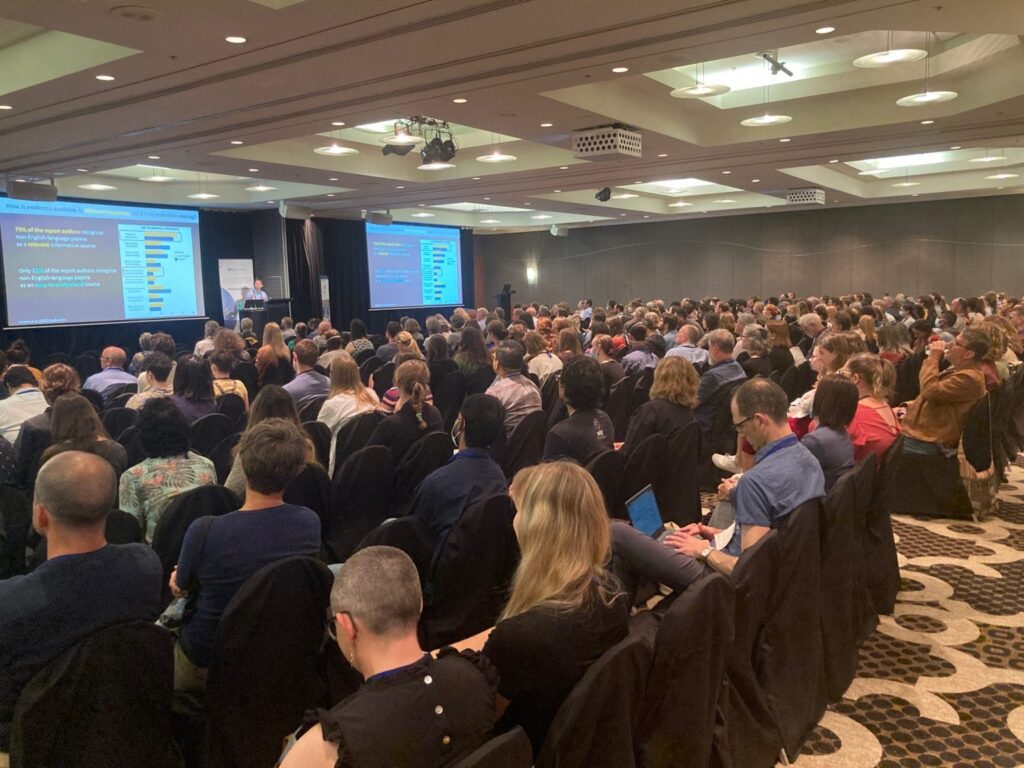Arenas-Castro, H., Berdejo-Espinola, V., Chowdhury, S., Rodríguez-Contreras, A., James, A.R.M., Raja, N.B., et al.. (2024) Academic publishing requires linguistically inclusive policies. Proceedings of the Royal Society B: Biological Sciences 291: 20232840.
This study examined the linguistic policies of 736 journals in biological sciences and revealed that scientific journals are doing minimal efforts to foster a multilingual community of authors and readers.
Full Publications
Summary text


